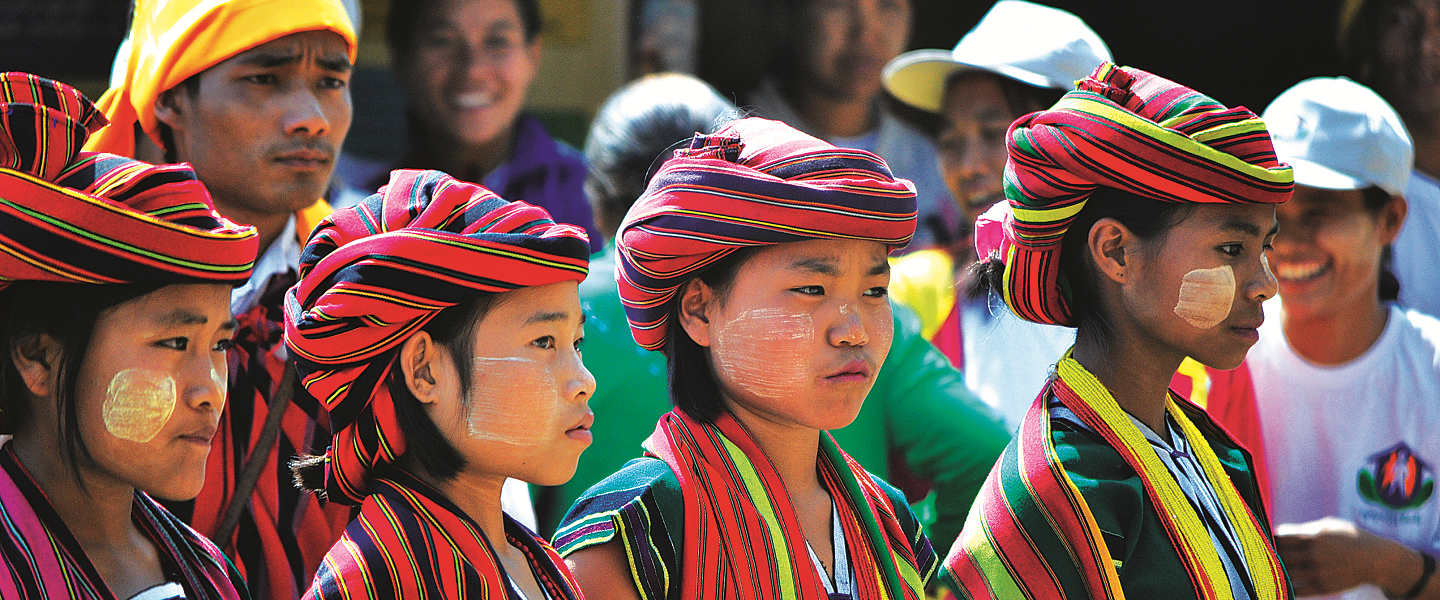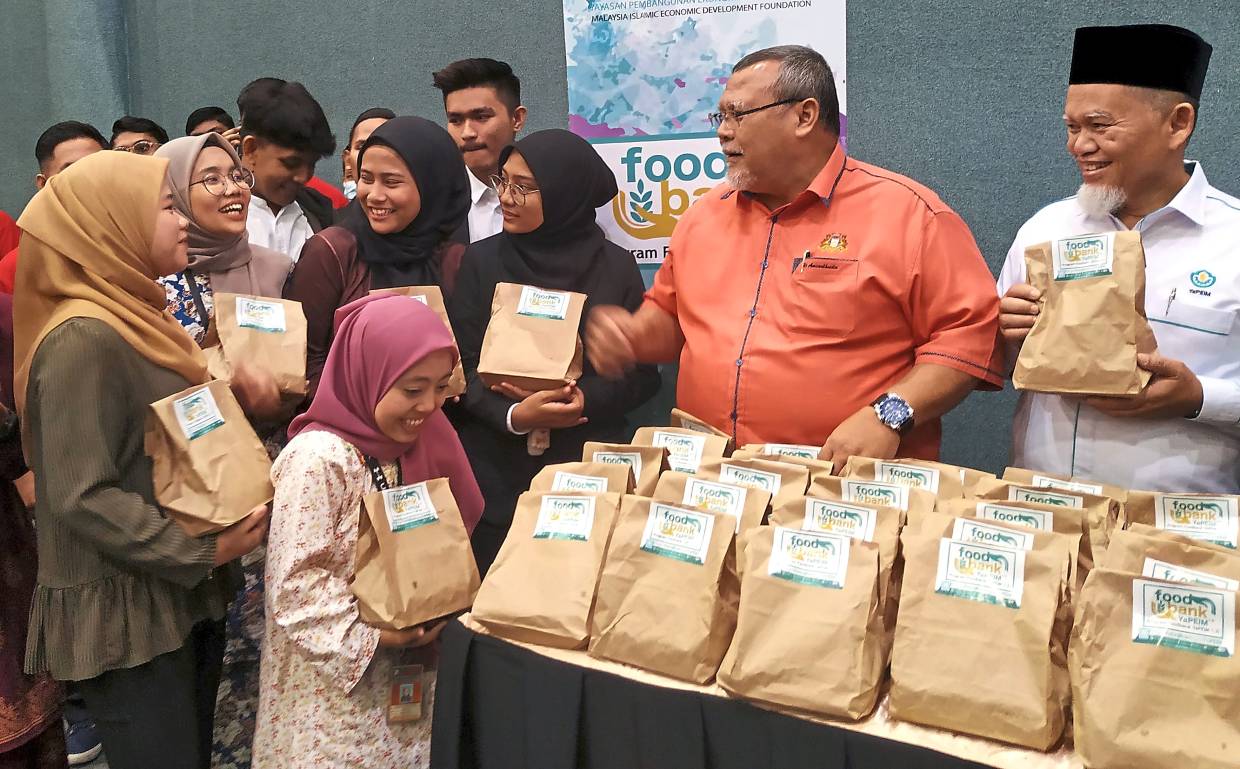
by City of Sao Paulo | Oct 31, 2024 | (V.D.02) New Technologies, (V.D.03) Education, (V.D.06) Clean Air, (V.D.09) Leisure and Tourism, (V.D.10) Vulnerable Families
Aiming to promote technological inclusion, the Coordination of Policies for Indigenous Peoples supported the survey of local infrastructure for the implementation of an internet network in the indigenous villages of Jaraguá, in partnership with a group of civil...

by Region of Kujawsko-Pomorskie | Oct 31, 2024 | (V.D.03) Education, (V.D.05) Safety, (V.D.10) Vulnerable Families
Within this Project, an integrated support system for families has been created, which is being implemented in all powiats (counties) of the Kujawsko-Pomorskie Region. The project provides the possibility of comprehensive and specialized support for families...

by Region of Kujawsko-Pomorskie | Oct 31, 2024 | (V.D.03) Education, (V.D.10) Vulnerable Families
Within this project over 300 participants receive individual and group support in comprehensive social and professional activation – activities strengthening social, educational, and professional competencies, such as meetings with psychologists,...

by Veneto Region | Oct 31, 2024 | (V.D.01) Housing, (V.D.02) New Technologies, (V.D.03) Education, (V.D.04) Healthcare, (V.D.10) Vulnerable Families
The Family Factor, as a supplementary tool to the ISEE, allows, through the direct collection of information from households, a better characterization of households thanks to more detailed equivalence scales capable of capturing differences in family composition that...

by City of Sao Paulo | Oct 31, 2024 | (V.D.10) Vulnerable Families
In relation to vulnerable immigrant families, the city of São Paulo created, in November 2014, the Reference Center for Immigrants (CRAI), linked to the SMDHC Coordination of Immigrant Policies and Promotion of Decent Work. In general terms, CRAI is a municipal public...

by City of Sao Paulo | Oct 31, 2024 | (V.D.08) Affordability, (V.D.10) Vulnerable Families
Instituted by Municipal Law no 13.327/2002, it aims to collect food from the food industries, retail chains and wholesalers that are outside the commercialization standards, but without restrictions of a sanitary nature for consumption, in addition to food from family...







